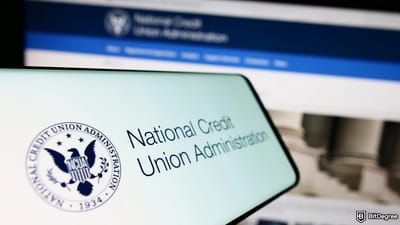Stop overpaying - start transferring money with Ogvio. Sign up, invite friends & grab Rewards now! 🎁
IRS Rules Brings Tax Clarity to Crypto Staking Investments
Key Takeaways
- The IRS allows crypto ETFs and trusts to earn staking rewards if they follow specific rules and meet compliance standards;
- The new safe harbor gives digital asset funds a clear legal and tax framework for staking, reducing uncertainty for investors;
- Experts say the IRS decision could drive wider adoption of staking among regulated crypto investment products.
The US Internal Revenue Service (IRS) has released new rules that let cryptocurrency investment funds earn staking rewards within regulated limits.
The update provides exchange-traded products and trusts that hold cryptocurrencies with a clearer way to participate in staking while staying compliant with tax laws.
The guidance, published by the IRS under the Department of the Treasury, introduces a safe harbor for crypto trusts. These trusts can stake digital assets if they meet certain conditions.

Did you know?
Subscribe - We publish new crypto explainer videos every week!
How to Use Crypto? 5 Rewarding Strategies Explained (Animated)


They must be listed on a national exchange, hold only one type of digital asset, and use a qualified custodian to store those assets. They also need controls that reduce risk for investors.
Treasury Secretary Scott Bessent explained in a post on X that the new rules offer crypto exchange-traded products "a clear path to stake digital assets and share staking rewards with their retail investors". The goal is to provide funds with a transparent structure for earning staking income without unclear tax outcomes.
Bill Hughes, senior counsel at Consensys, said the update could help expand staking activity across regulated funds. He stated, "The impact on staking adoption should be significant".
He noted that the safe harbor finally provides regulatory and tax clarity for crypto ETFs and trusts.
Circle, the company behind USDC




















